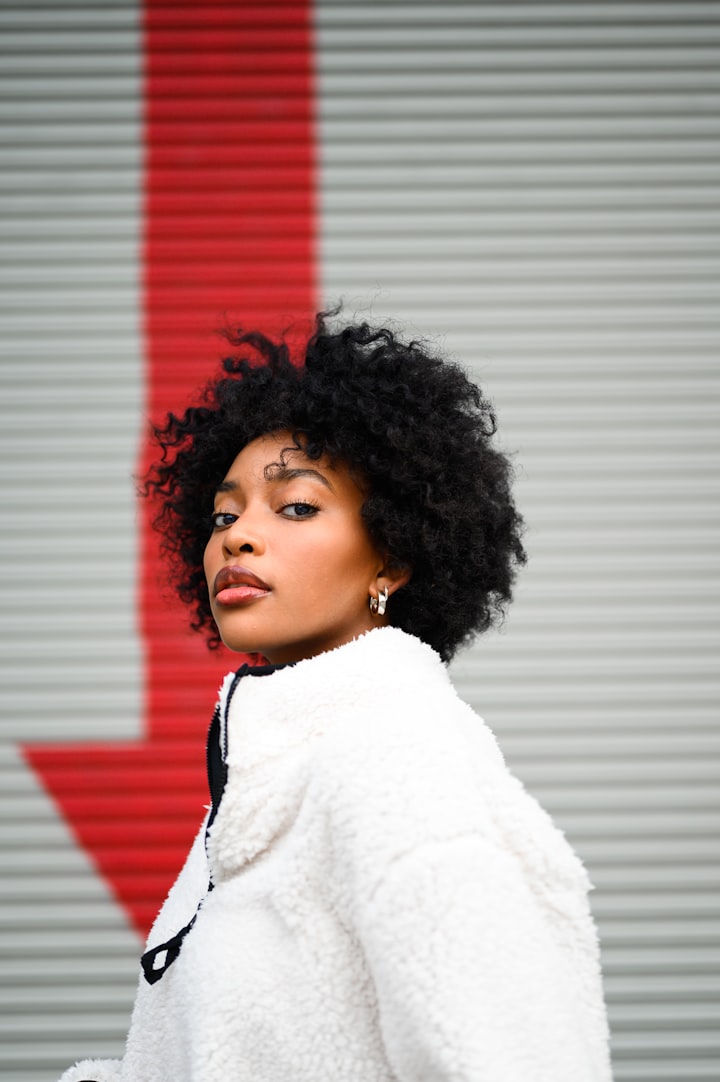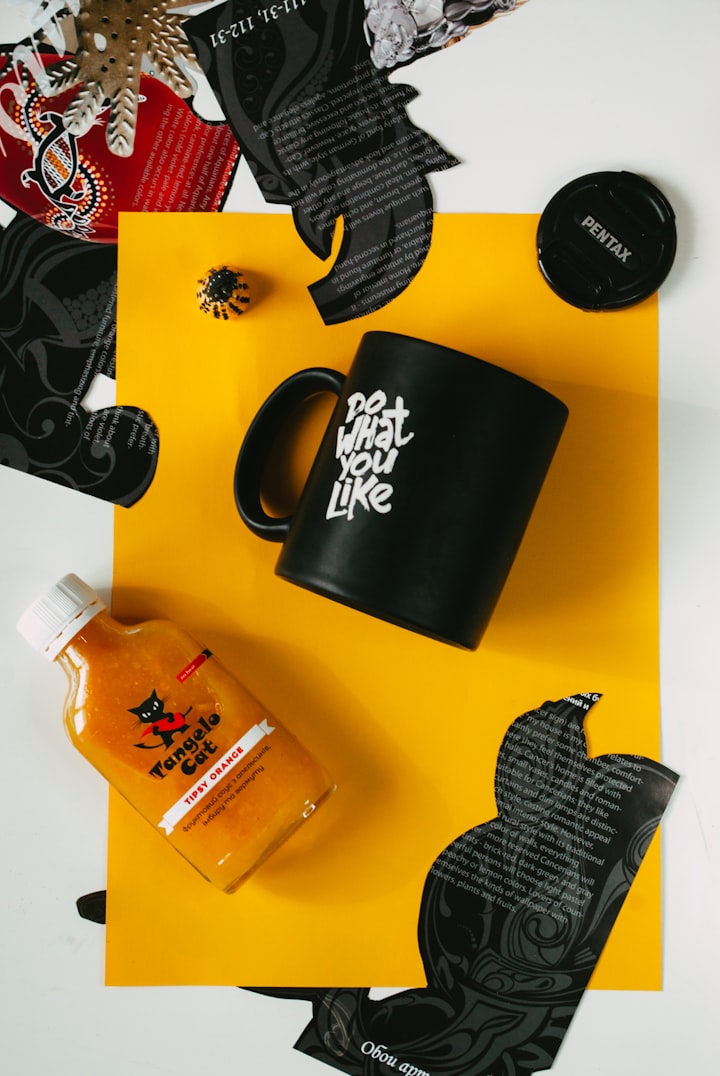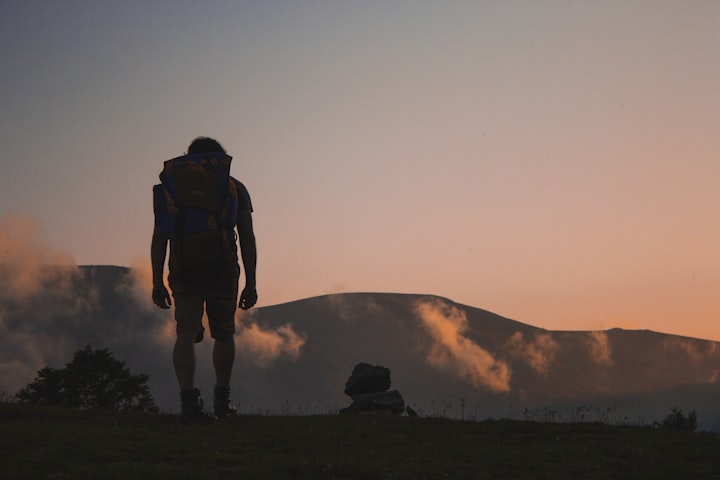Decid(h)er
Following the lead of Black women to build bridges across culture and privilege through movie recommendations

In a world of NFTs, fake news, and quarantine mind melt, it is difficult to know what is real. As I reflect back on the few strange in-door months of 2021, I wish I could have done something real to honor the women in my life during International Women's Month. I particularly fell short celebrating the incredible Black women that I know. Some of these women I have worked for, some of them have been colleagues, others lovers and still more friends. All of them have been my teachers and all of them lift my experience on this planet.
Myriah, Jenn, Oshana, Flo, Rogeriee, Nicole, Sharron, Ashley, Tameeka, Naomi, Lexi.
University professors, a federal judge, bartenders, musicians, poets, LGBTQ activists, a burlesque dancer, computer programmers, mothers, and lawyers.
These Black women guide my allyship and the ways I connect with people from different backgrounds. I follow their lead. They taught me that Black is not synonymous with pain and that Black does not always mean struggle. They showed me that Black men can (really) smile and bloom like flowers and that Black women can be sovereign and can make it to the top. Through their scholarship, leadership, and art, they break stereotypes and throw away old stories. These women have lived and shared with me what the real Black experience is: everything. And so as a white woman grateful to share in the magic, I go to these women for movie recommendations as well. When it comes to movies that capture the truth of being Black, they are my Decid(h)ers.
If there was an algorithm that Decider could borrow, it would be the collective hive of the multiplicity and complexities of these Black women. Although none of them are film critics, I listen. Cinema is a powerful tool for educating and shaping culture so when these women talk about movies I listen. I listen to the way they talk about representation of people of color in modern films. I listen to their stories about their favorite movies from growing up and how they connected to the faces that looked like theirs. I follow what they share on social media and the words they use to talk about today's award shows and children's movies. I pay attention and ask questions. I do this because it is my absolute honor and pleasure to watch movies that capture a true human experience and worldview I could never fully understand without it. The recommendations of movies differ from woman to woman, but what is consistent is one thing: real Black stories.
The real truth is that there are many many Black stories, but Hollywood typically only tells a few. For any viewer to get a glimpse into another worldview, the "if this, then that" formula must embrace many stories. It takes many stories to get to know anyone, like going on several dates or taking several trips with a friend. But it takes a curate set of many stories to get to know someone very unlike yourself. The film-lover can build bridges into other worlds, but only if they acknowledge the tapestry of stories that make up that other world's experience. For example, to get to know a person you would not just watch 100 video clips of them on their worst day from all different angles shot by all different directors. That would be boring, repetitive, and reductive. There certainly is a lot more to them than just their worst day! The same is true for getting to know how other people experience the world. A lot of stories are needed and so a lot of great movies can be watched to get access to some of those stories. Not always epic, tragic or hilarious, the lives of Black Americans hold stories of sweetness, tenderness, discipline, love, resilience, and even magic. The representation in cinema is lacking, but there is hope if an algorithm could decide to share the bigger picture.
Here is the way to follow the lead of the most fantastic women I know. They would recommend rounding out a movie-binging experience with some less then stereotypical "if this, then that" suggestions like:
If Get Out, then Dream Girls.
If Moonlight, then Bad Boys II.
If Precious, then Hidden Figures.
If Good Burger, then Selma.
If 13th, then The Wiz.
If Do the Right Thing, then Soul.
If 12 Years a Slave, then Friday.
After a viewer finishes up Black Panther and wants to just reach for Spider-Man: Into the Spider-Verse, my friends would suggest a deeper look into the life of urban Black teenagers and suggest Fruitvale Station. When a viewer finishes Precious and thinks Black women have no way out, someone would suggest Beauty Shop to make Queen Latifah's character change their mind. If a viewer thinks Straight Outta Compton is the only kind of Black masculinity, these women would turn on If Beale Street Could Talk to show the sensuality of a Black man in love. After thinking being Black means a life of missed chances like in Moonlight, a viewer would benefit from the uplifting story of Ray who was destined for greatness despite his setbacks.
Ultimately, these Black women have taught me to think wider when I think of the lives and stories of people of color. There is struggle and pain certainly, but there is also triumph and joy. There is humor and music certainly, but there is also sadness and healing. The realest story is that there is not one narrative. And the only way into real connection and understanding across differences is to explore the depths and complexities of each other's stories. This is the wisdom of these great women as they have lived and shared with me. In truth, the collective of these women's thoughts on movie recommendations would exceed an algorithm. One cannot put magic into 1s and 0s after all. But perhaps Decider could try to manually work something into their system likes feels like the energy of these great women so that all customers can better learn, laugh, and let the light in.

About the Creator
Ro Roquemore
Ro Roquemore is a social justice essayist and trauma advocate. Ro writes to make sense of truth, knowledge, and human connection in American politics and culture. Ro currently lives and plays in Portland, OR. She/They/Ro #freeyourself






Comments
There are no comments for this story
Be the first to respond and start the conversation.